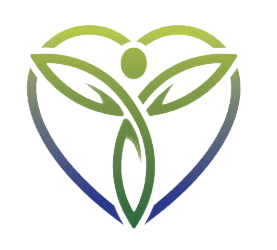|
It is an employer's most unexpected nightmare. In one phone call, suddenly your entire company is brought to its collective knees.
This happened recently in a hospice company in which I was consulting. As a hospice bereavement professional, these accidental and unexpected deaths are not the same as deaths in hospice where we have the gift of more slowly accepting the idea of the loss of a loved one. These kinds of deaths are more likely to be experienced like trauma where people react more unpredictably and may trigger some other undigested incident in our pasts that has yet to be mourned. No Self-Protective Denial is Available in an Accidental Death In a sudden death, we do not have the self-protective element of denial, which shields us from the immediate and full mental exposure of loss and the impossible reality of the death of a loved one.
Safety First - Assess the Staff for any Likelihood of Doing Self-Harm If the lost staff was likely a suicide, the likelihood of responsive suicide in other staff is very slightly elevated by a few percentage points according to Dr. Thomas Joiner. His recent research notes three major factors for people with traits for at risk - not just the standard questions about if they have a plan and means for self-harm. Ask them if they are
Other ideas to support people who are themselves at risk:
Be kind, for everyone you meet is fighting a hard battle. –Rev. Dr. John Watson Steps for employers:
1 Comment
1/30/2023 04:45:07 am
I really enjoyed your blog posts, thank you
Reply
Leave a Reply. |
Details
Categories
All
|
Garden of Change mailings become your new & better tool because they are info-rich.
Help your psycho-spiritual staff meet your MCoP bereavement responsibilities
efficiently, so they can better do the needed one-on-one work they love...
Help your psycho-spiritual staff meet your MCoP bereavement responsibilities
efficiently, so they can better do the needed one-on-one work they love...
Copyright Garden of Change ® Bereavement Program © 2014 to 2023
 RSS Feed
RSS Feed
